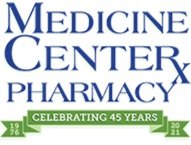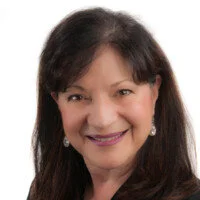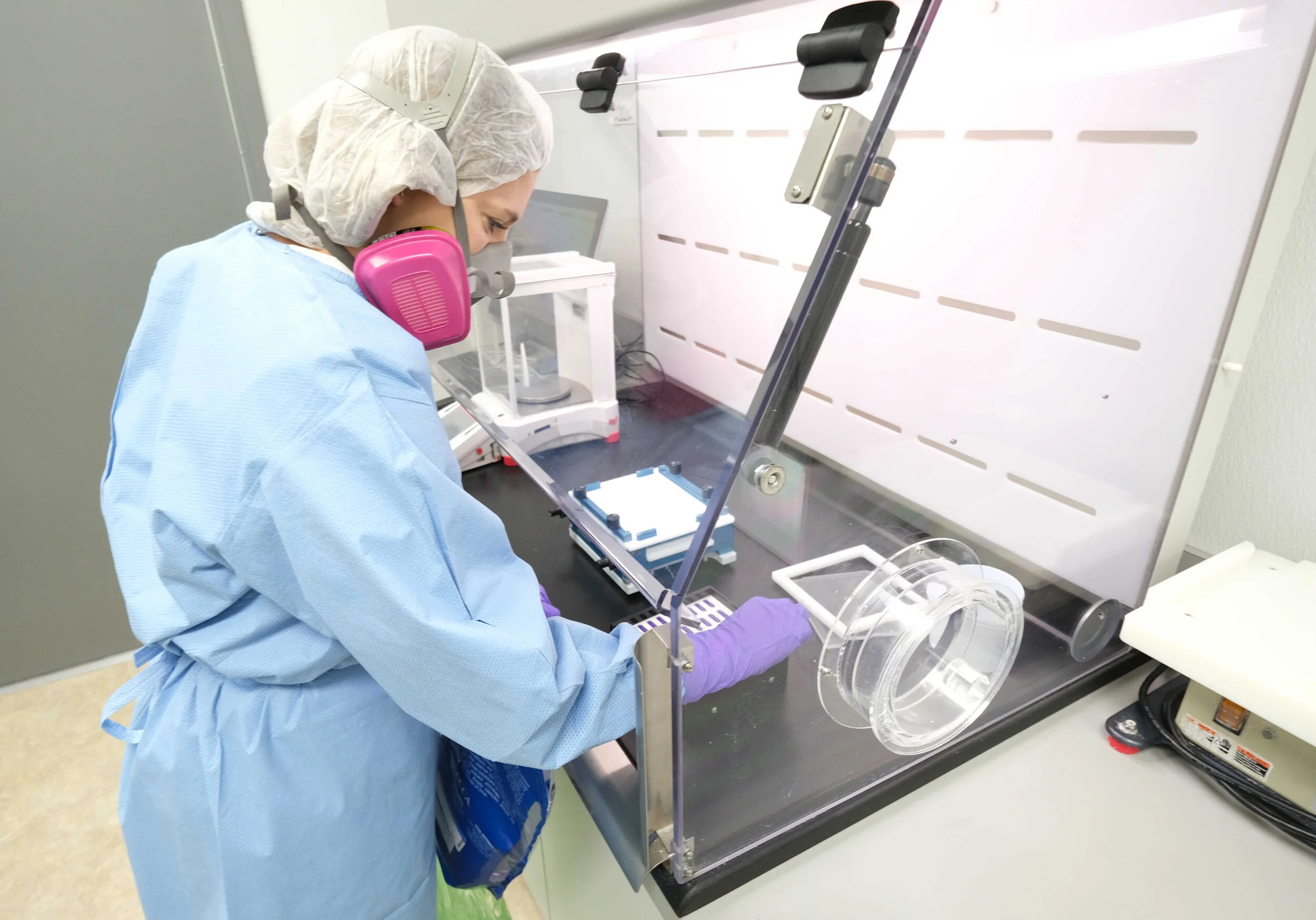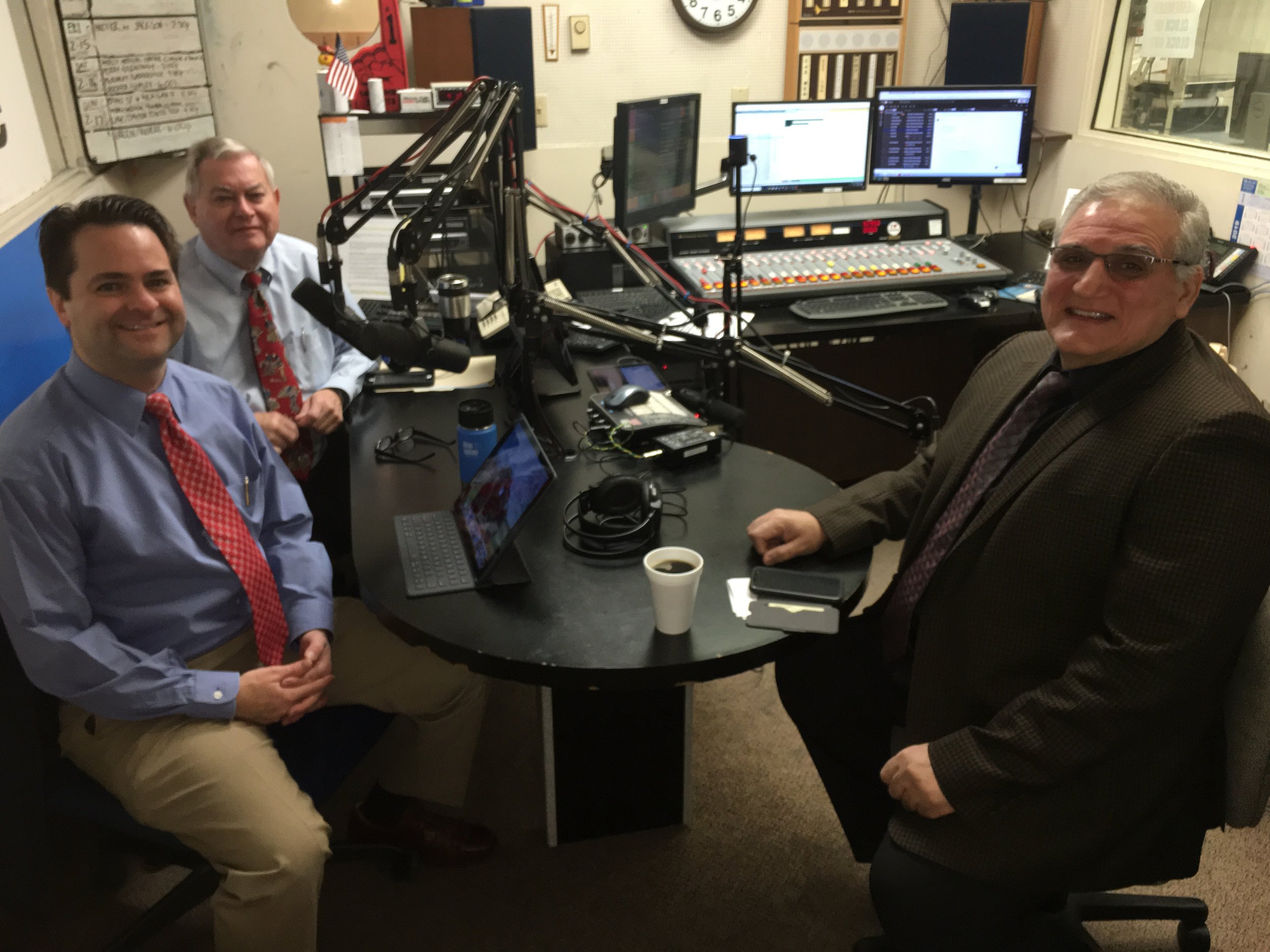5/15/2020 Show Notes
Good morning and welcome to Health Matters with the Medicine Center Pharmacy. I’m your pharmacist, Paul White. We’re glad you joined us. Before we begin, I would like to thank our sponsors, Mercy Medical Center and Studio Arts & Glass, We continue our shows from our administrative offices and wish our friends at WHBC and our listening audience continued good health. Our guest today is Barbara Frustaci, BSN, RN and Administrative Director of Mercy Offsite and Rehabilitation Services. Barbara, welcome back to the show. Thanks for joining us, we are looking forward to talking with you today.
Barbara replies:
Brad: Like so many aspects of our lives, covid19 has changed everything; especially in the health care community. Today we will talk with Barbara about the importance of resuming health and wellness physician visits, the safety of our hospitals and moving forward with elective procedures and the resumption of scheduling wellness visits.
All of our weekly radio programs are also available as a podcast ( iTunes Google Play Stitcher )
Choose your favorite podcast app and search for “Health Matters with the Medicine Center Pharmacy”
Paul: While it seems like we have been living under the cloud of this pandemic forever, the reality is it has been about 8 weeks and in that time everything has changed. Like our pharmacies, Mercy Medical Center’s priority is the health of their patients. The first step in moving forward is having confidence in the safety of our facilities. Can you tell us what Mercy Medical Center is doing to keep their facilities safe for patients?
Barbara replies:
Of course, Paul! Our patients can be assured that our main hospital as well as our 10 Health Centers and physician offices are following enhanced cleaning and sanitizing processes in accordance with CDC guidelines. Our waiting room seating at all of our facilities has been rearranged to ensure proper social distancing. We ask that ALL patients wear a face covering or mask during their visit. We also ask that all patients come to their visit or appointment, alone, if possible. Hand sanitizer is conveniently located for all of our patients to use at any time. Rest assured our employees are practicing proper hand hygiene and are wearing masks to protect our patients and themselves. We always want to remind our patients that proper hand hygiene is critical in order to stop the spread of infection. Also, at our main hospital campus, all patients are screened and temperatures are taken before being allowed into our hospital in an effort to protect our patients and employees. Our patients’ health and safety continues to be our #1 priority as we navigate this pandemic.
Paul: I understand elective procedures have resumed. How are procedures prioritized?
Barbara replies:
Yes, Mercy Medical Center has reopened all physician practices and is now performing diagnostic testing not requiring an overnight stay, these include: mammography, pulmonary function testing, sleep studies, therapy services, including physician, occupational, speech therapies and lung screenings. Our surgical teams reviewing surgical cases that have been cancelled and will be prioritizing and rescheduling them in the coming weeks. So, any patients who previously had surgery scheduled then cancelled due to COVID-19, they will be hearing from our team in the next few weeks. Our team will make sure that our previously scheduled surgeries will be handled before adding on new diagnostic and surgical procedures.
Paul: What should patients and their families know before coming to a Mercy site for a procedure?
Barbara replies:
That’s a great question, Paul. What our patients and their families need to know before coming to any of our facilities is:
1. We request that the patient come inside the facility alone, if possible.
2. We request that the patient has a face covering or face mask already on when entering the Mercy facility
3. When you enter a Mercy facility, be prepared to be screened and have your temperature taken
4. If you have COVID-19 symptoms or think you may have been exposed to COVID-19, do NOT come to your procedure or appointment. We ask that you contact your healthcare provider for further direction. If you have emergency COVID-19 warning signs, including trouble breathing, seek medical attention right away. Call 911 or call your nearest emergency facility.
Brad: The media has emphasized the need for families to social distance while their loved one is being treated or having surgery. This is a significant concern for many listeners. How does Mercy handle these situations and keep family members informed?
Barbara replies:
This is correct, Brad, right now Mercy Medical Center, along with all of the local hospitals, have a no visitation policy for safety and protection of our patients and employees. We encourage patients and their families to stay connected virtually, via cell phones, hospital telephones, tablets or computers 24 hours a day. We understand that this is very difficult for our patients and their families and friends. Our Mercy healthcare providers are so kind and understanding, they are helping some of the patients stay connected with family and friends by assisting the patient with Facetime, Skype, etc. We know that connecting with family and friends is so important to the healing process, and our employees want to make that happen in every way possible while adhering to social distancing standards.
Brad: It seems as though Covid19 has increased awareness and an almost urgent need to utilize Telemedicine. Can you explain what Telemedicine means to a patient?
Barbara replies:
Telemedicine allows patients and healthcare providers to communicate via video, phone, or email for diagnosis, treatment, and general care. It allows patients to have virtual appointments with their healthcare providers from the comfort of their own homes. Our Mercy Primary Care Physicians actually have their own telemedicine service, Teladoc, so that they can still hold virtual appointments to treat and diagnose while maintaining social distancing.
Brad: What conditions or symptoms are recommended as being treatable for Telemedicine?
Barbara replies:
Telemedicine programs like Mercy’s Teladoc can be used for minor health issues that don't require lab tests or imaging to diagnose. Allergies, coughs, colds, flu, infections, insect bites, sprains, and gastrointestinal symptoms can all be evaluated virtually. Of course, for emergency or life-threatening situations, call 911 immediately or go to the nearest emergency facility.
Brad: Who staffs Telemedicine and how safe is it?
Barbara replies:
Mercy physicians who utilize the Teladoc technologies with their patients, the service is staffed by our physician office employees who call the patient a few minutes for their scheduled appointment to get them registered before their virtual visit with their healthcare provider. With telehealth technologies, patient adherence to care increases, access to care is improved, providers can network with each other, and the safety of patients can be monitored more closely in homes and alternative living facilities.
Brad: Does Telemedicine replace our family doctor, or do they communicate and share patient history and other information?
Barbara replies:
Brad, The Teladoc telemedicine program that Mercy utilizes is an actual appointment with your normal healthcare provider, so, no, they do not replace your family doctor, it is simply a more convenient, safer form of appointment with your already established provider.
Paul: Do most insurances cover Telemedicine?
Barbara replies:
Telemedicine services through Mercy incur the typical co-pay, but, depends on your insurance plan.
Paul: How does Telemedicine improve patient outcomes?
Barbara replies:
Since patients are visiting virtually, it is very convenient – it removed hurdles such as no transportation, or difficulty in transportation to physical limitations. By removing those barriers, it ensured that the patients make and keep their appointments. Also, since the patient is staying at home for the appointment, they are practicing social distancing and staying safe and healthy at home.
Brad: How is Telemedicine good for our community?
Barbara replies:
During this current pandemic, telemedicine has allowed our communities to still seek medical attention for non covid-19 – related illnesses and injuries, while still practicing social distancing, and allowing patients to stay safe and healthy at home.
Paul: For the past 8 weeks almost, everything has stopped. Speech therapy, occupational therapy, physical therapy, etc. How do we return to normal and what recommendations do you have to help us feel safe and confident as we return to regular appointments?
Barbara replies:
It will definitely be a slow, very slow return to every day life. Our community can stay safe and confident by continuing to practice safe social distancing, following all recommended CDC guidelines, practicing good hand hygiene, wearing a face covering or face mask in public areas. We are all in this together. There is no need to panic or be scared. We ask everyone to practice all of the above safe practices while still enjoying all of the wonderful activities and entertainment opportunities as they are allowed to open and be utilized.
Brad: If listeners are concerned about returning to general health and wellness visits, how would you help them understand the importance of maintaining their health visits?
Barbara replies:
Maintaining health appointments are just as important as ever! In order to protect yourself against COVID-19 and any other illnesses and viruses out there, you need to keep yourself as healthy as possible and your immune system as strong as possible. Telemedicine, as we discussed earlier, is an excellent and convenient way to keep up with your healthcare providers during this time, without leaving the safety of your own home.
Paul: Should listeners be prioritizing their health and wellness visits – and what guidelines might you offer to help them?
Barbara replies:
Keeping up on your routine health and wellness visits and screenings are important, Paul. We encourage patients to use virtual/telemedicine options with their physicians right now. Our Mercy STATCAREs are also offering telemedicine/virtual appointments as well – so you don’t have to leave the safety of your home, even for a STATCARE visit. Do you what you feel is safe. If you have routine bloodwork, that is not emergent, then hold off until you feel it is safe to go and get it done. And, as always, if you have life-threatening illness or injury, call 9-1-1 or go to the nearest emergency facility.
Brad: How are hospitals prioritizing elective surgeries and are they limited to offsite facilities?
Barbara replies:
Many of the diagnostic procedures such as mammography, pulmonary function testing and sleep studies are being done at our main hospital campus as well as select off-site facility. Our surgical teams reviewing surgical cases that have been cancelled and will be prioritizing and scheduling them in the coming weeks. So, any patients who previously had surgery scheduled then cancelled due to COVID-19, they will be hearing from our team in the next few weeks. Our team will make sure that our previously scheduled surgeries will be handled before adding on new diagnostic and surgical procedures. Surgical procedures are only done at our main hospital campus.
Brad: Are they limited to same day procedures to minimize overnight stays in the hospital?
Barbara replies:
That is correct, Brad, as of right now we are only doing outpatient surgical procedures that do NOT require an over night stay to keep patients out of the hospital it at all possible. Since the stay-at-home/stay-safe orders are still in place, the safest place for our patients to be is at home, practicing social distancing. This keep our surgical patients, our inpatients and our employees as safe as possible.
Thank you to our guest, Barbara Frustaci, BSN, RN, Administrative Director of Mercy Offsite Rehabilitation. We would like to remind our listeners, if you suspect you have a medical issue, please contact your health care provider. Thanks to our sponsors, Mercy Medical Center, Studio Arts & Glass. As always, we thank our listeners for joining us on Health Matters with the Medicine Center Pharmacy. Have a healthy week and we’ll see you again next Friday right here on News Talk 1480 WHBC.



















































We’re thrilled to welcome Jenna Davison, Registered Dietician at Aultman Hospital, to the mic! 🥗 Jenna brings the perfect combo of expert knowledge and practical advice to the table. Whether you’re a total nutrition newbie or just looking to level up your wellness routine, this episode is for you.